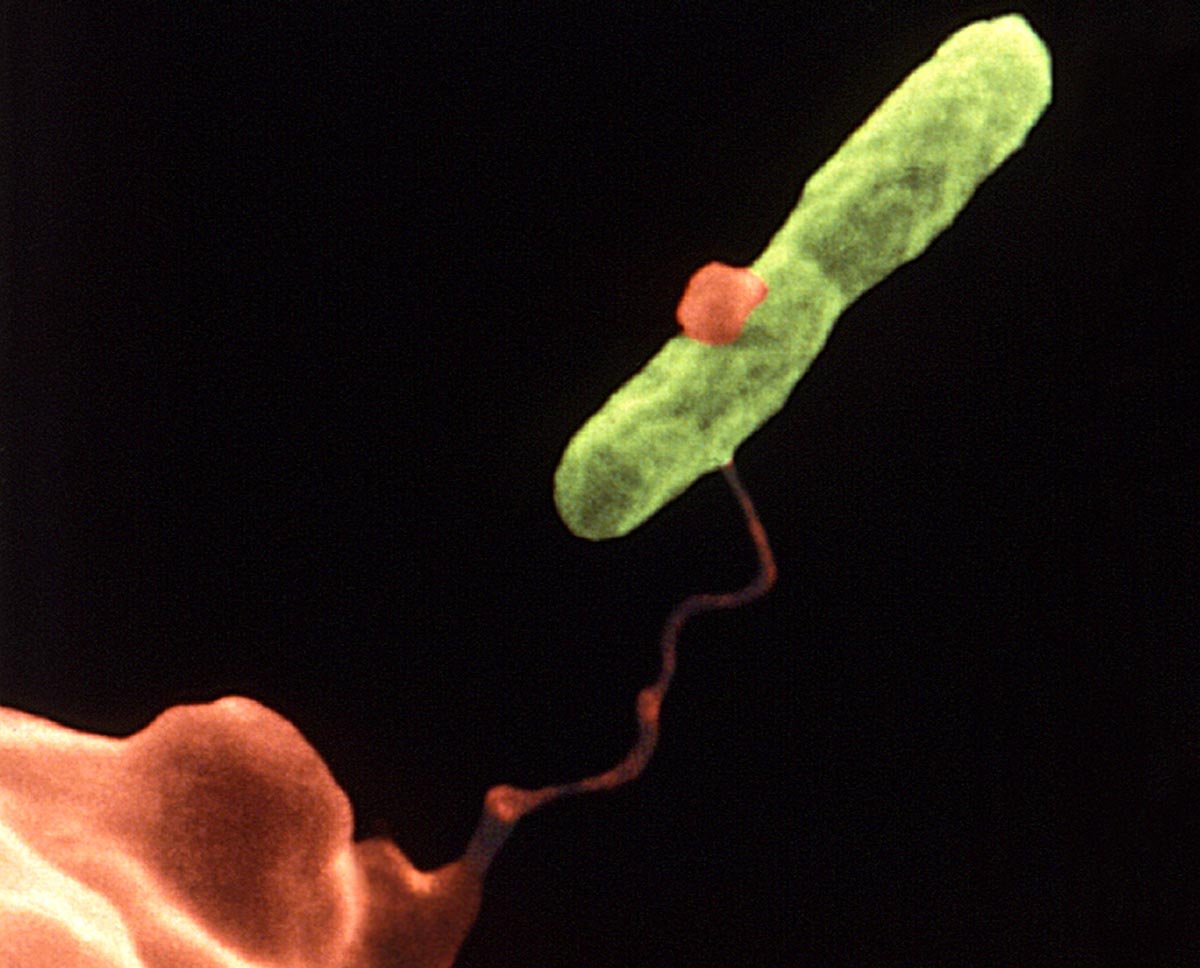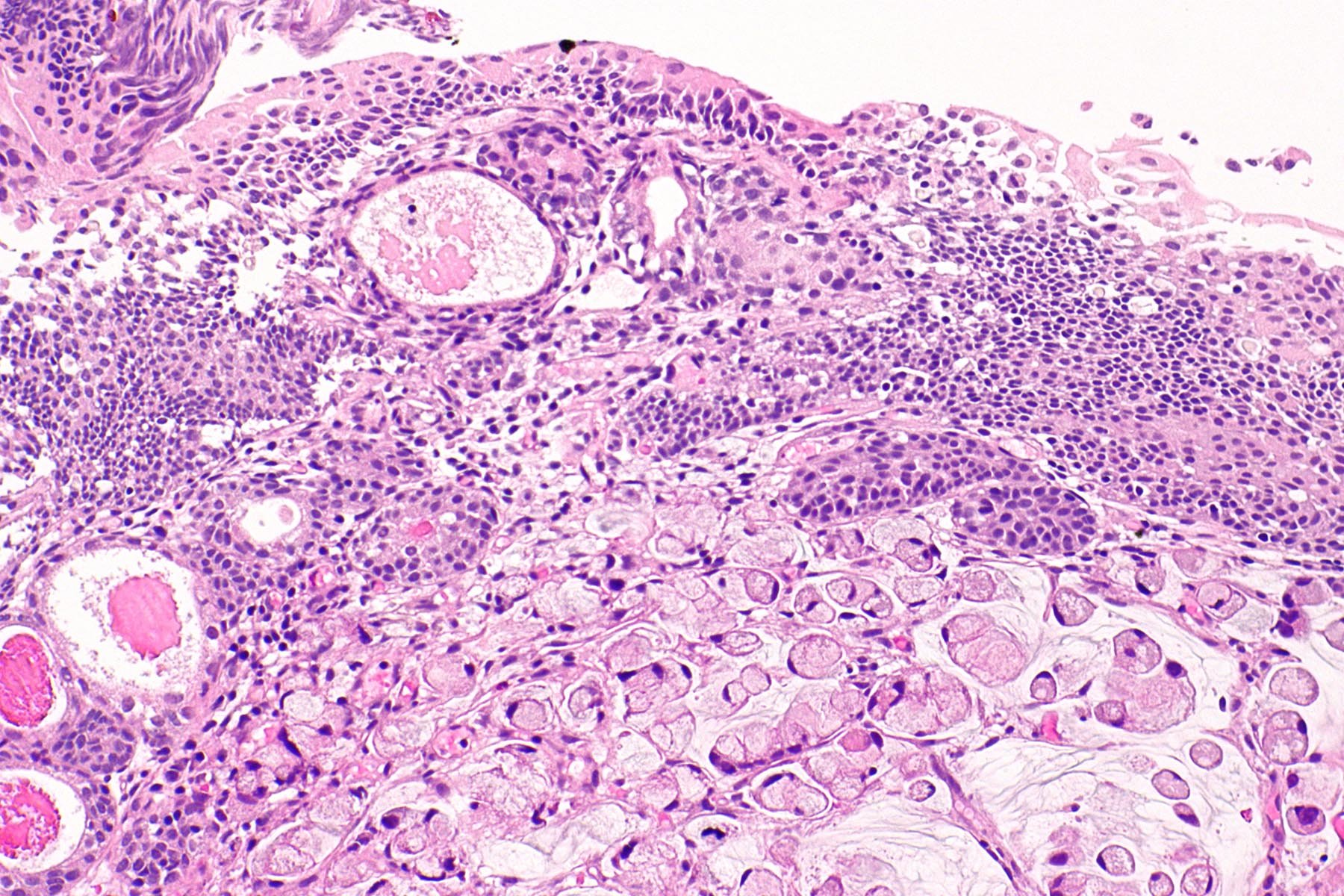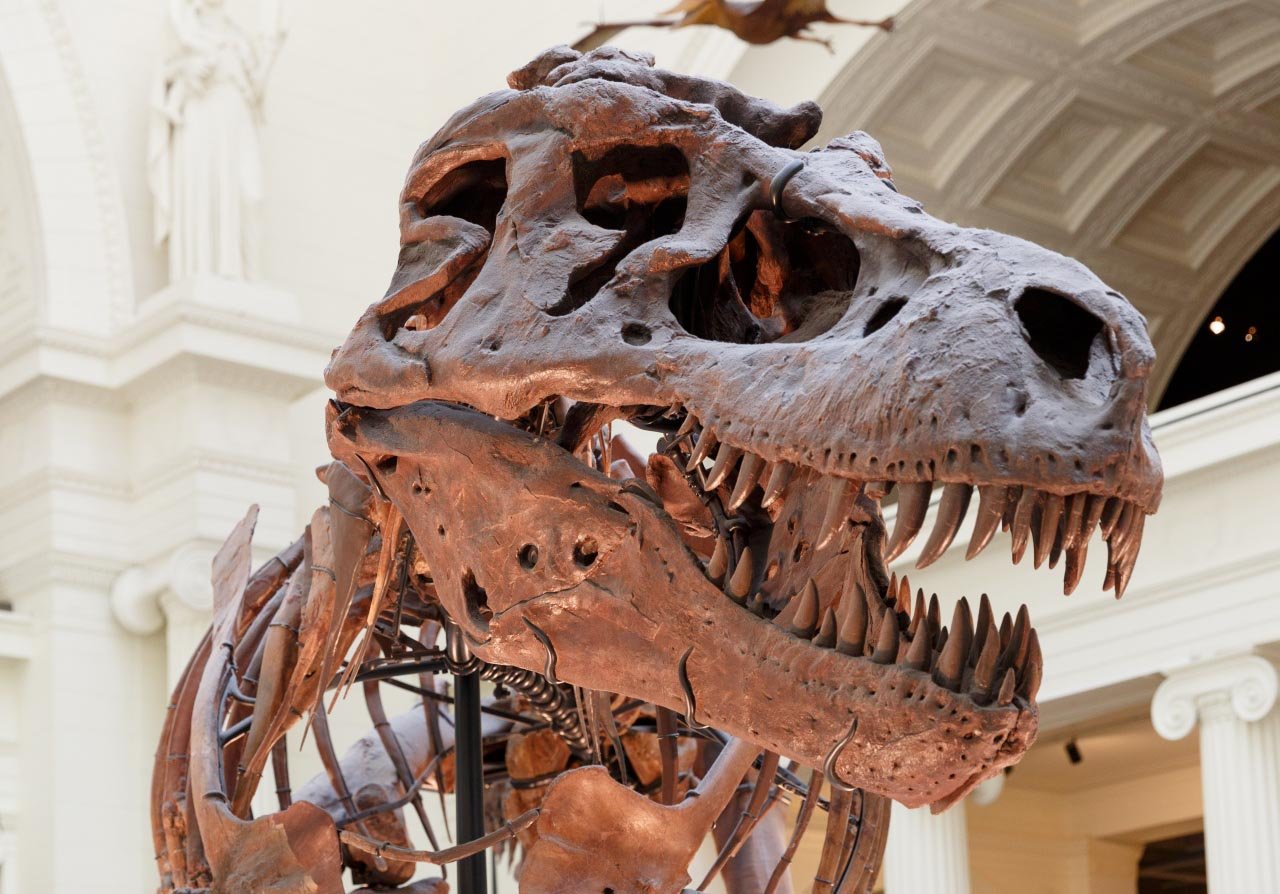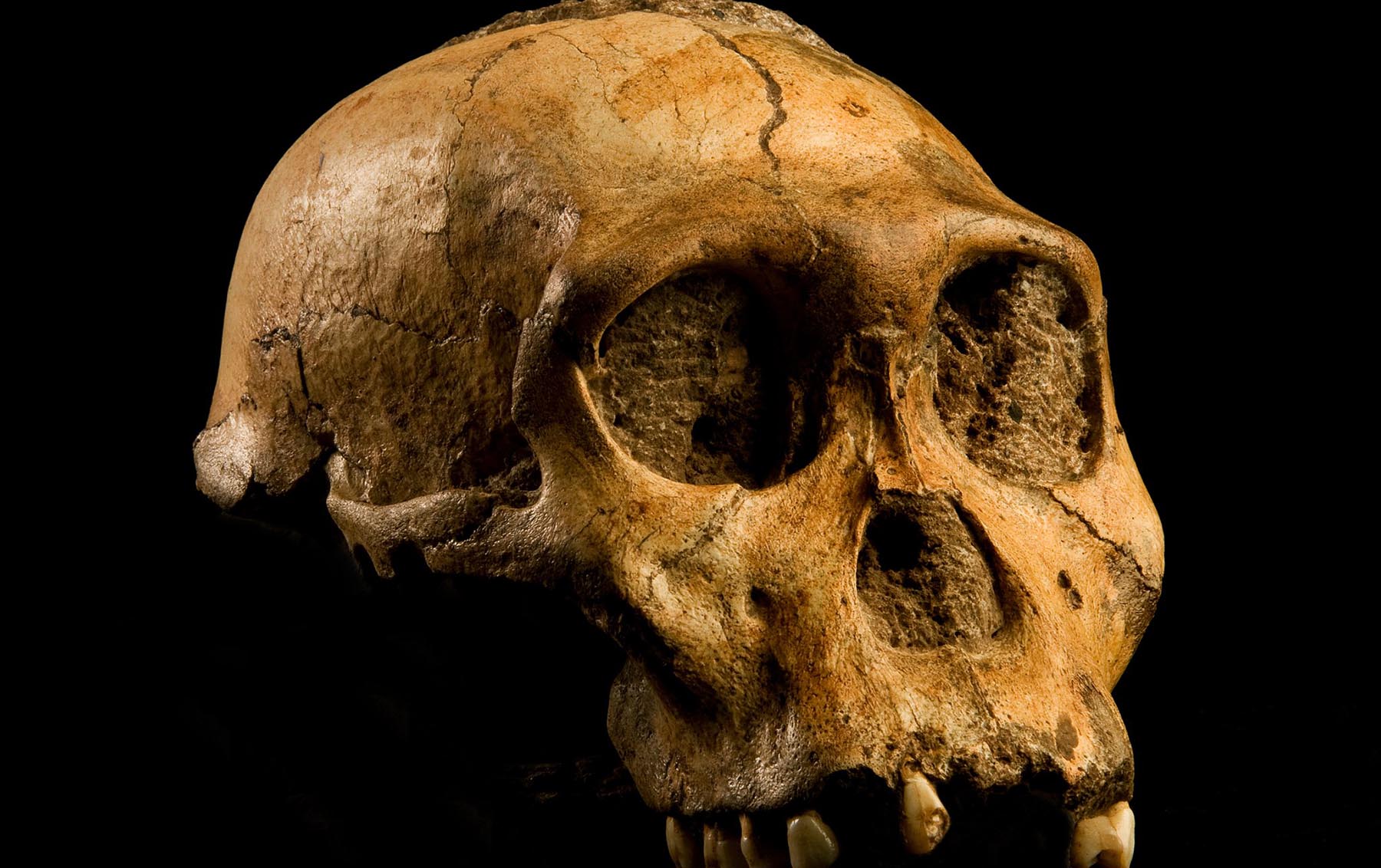New tests identify contaminated drinking water in minutes, not weeks
Speedy, affordable water tests that can be used in on location and even run continuously will help scientists identify disease-causing bacteria in under an hour and potentially reduce the spread of common illnesses such as diarrhoea, which kills an estimated 842,000 people every year. Hundreds of millions of samples are tested each year to detect harmful bacteria … Read more






